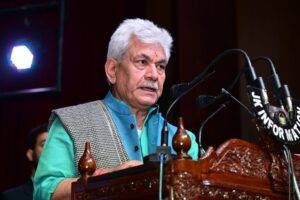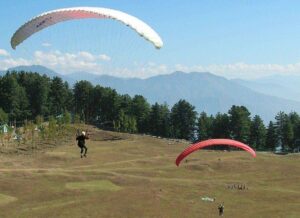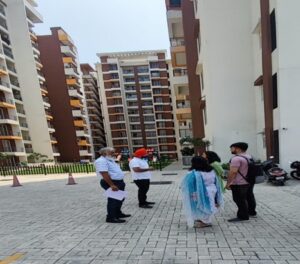Last Updated on November 22, 2020 at 5:36 pm
It is not known to many that it was a not-so-famous political organization – the Praja Parishad – in Jammu and Kashmir, that prepared the ground for the Kashmir policy of Bharatiya Janata Party (BJP) government.
The groundwork for amendment of Article 370 and 35A, which entirely changed the way erstwhile state used to function dates back to 14 November, 1952.
Members of the Jammu Praja Parishad organized their first ‘satyagraha’ in Jammu and Kashmir on this date. In fact, even before the Bharatiya Jana Sangh (BJS), which got converted into Bharatiya Janata Party (BJP) later, it was the Praja Parishad Party that contested for 11 long years with this demand which had made the revoking of Article 370 its main agenda,.
On 17 November 1947, the Praja Parishad was founded in Jammu. Hari Wazir was announced its first president and Hansraj Pangotra as its general secretary. Balraj Madhok and Premnath Dogra, two RSS members, were the real force behind formation of this party and its subsequent politics driven by agitation.
On 14 November 1952, the party organized its first formal ‘satyagraha’ with the demand of complete integration of Jammu and Kashmir with India. The key demand of the movement was to have no separate flag for Jammu and Kashmir and special constitutional provisions for the erstwhile state. The slogan of their agitation was: ‘Ek Desh mein do vidhan, do pradhan,do nishan-nahin chaleinge, nahin chaleinge’.
The party celebrated its first success on 17 November of that year when Karan Singh, son of Maharaja Hari Singh, was formally appointed as the Sadr-e-Riyasat (President of the state) at the Polo Ground in Srinagar.
The Praja Parishad’s protests made sure that a separate flag for the state which was to be unfurled at the government secretariat in Jammu couldn’t be done.
On 16 January 1953, the Praja Parishad formally launched its movement of civil disobedience. A few days later on 30 January, 3,000 protesters gathered at Jodian village. The police opened fire upon these protesters and six of them were killed, about 125 injured and many others went missing.
Then Bharatiya Jana Sangh president Syama Prasad Mookerjee got on a train for Jammu and Kashmir from New Delhi on 8 May 1953 to support the agitators there. He was arrested when he was trying to enter Jammu and Kashmir on 11 May. For more than a month, he was detained in Srinagar and he died on 23 June 1953 under mysterious circumstances.
Later on 30 December, 1963, the Praja Parishad Party merged with the Bharatiya Jana Sangh.



